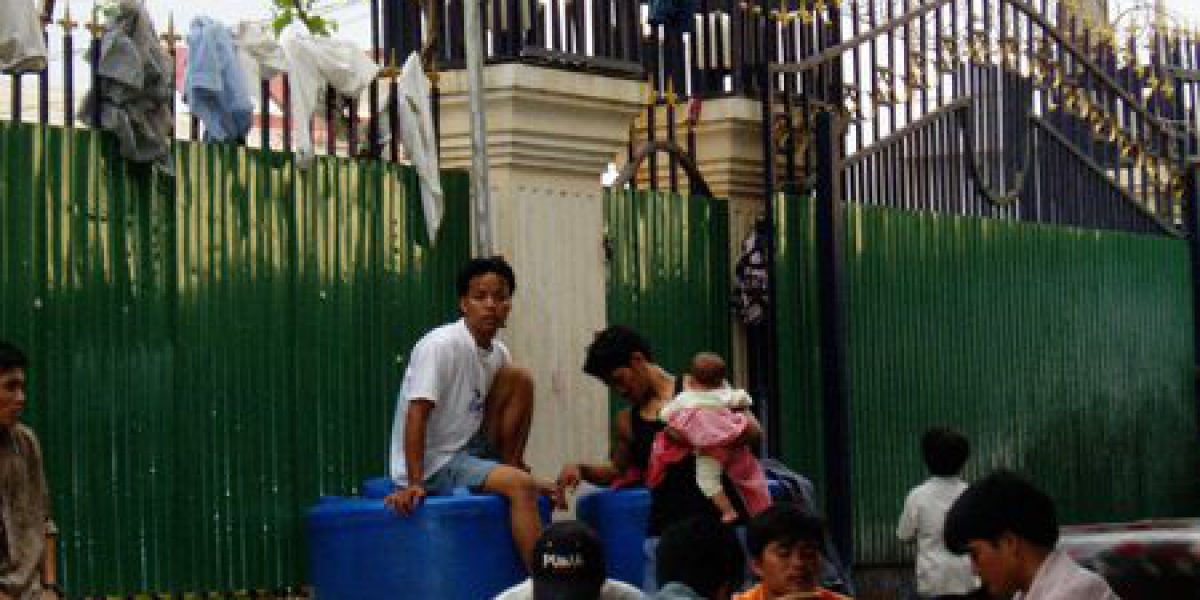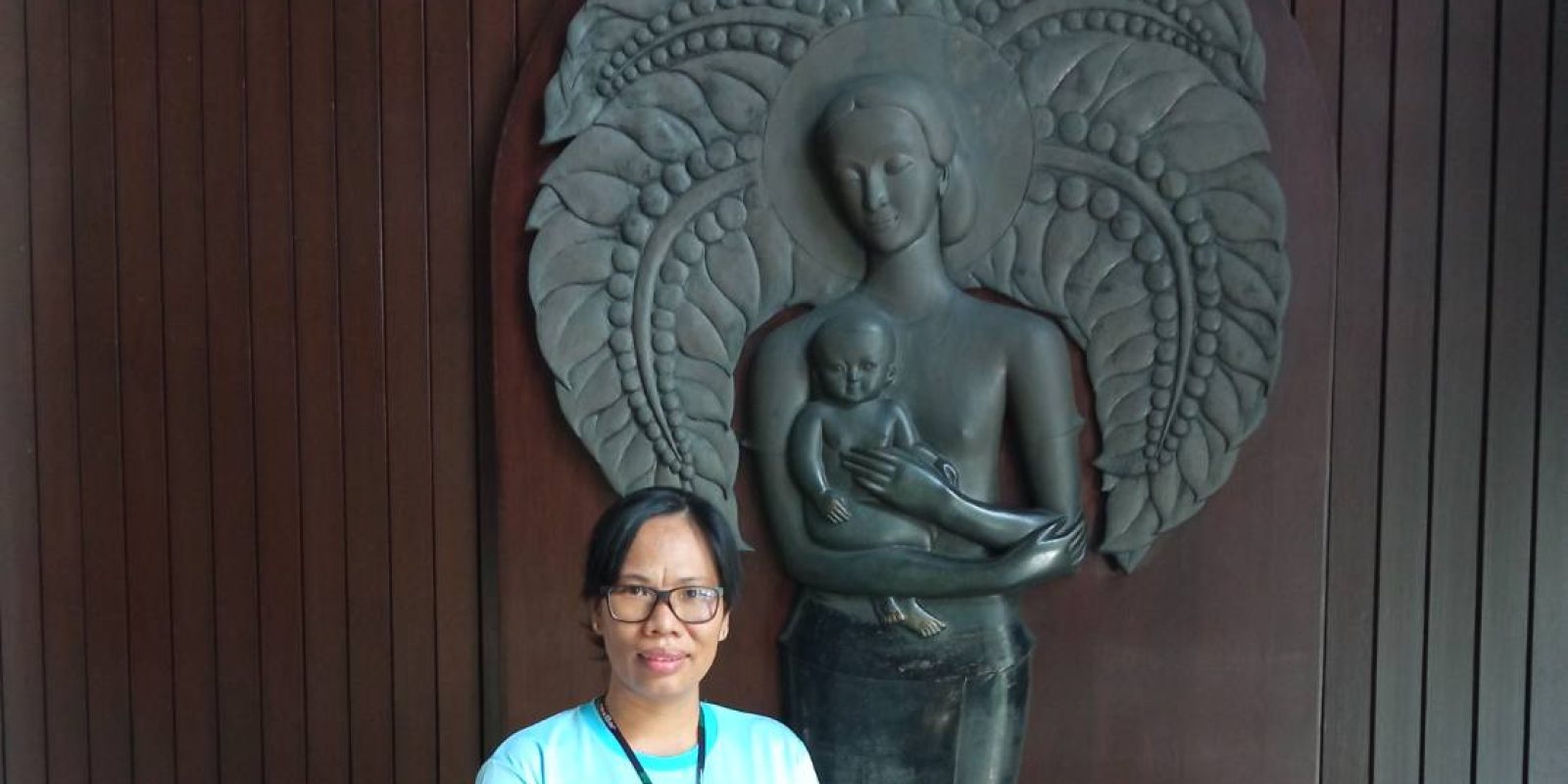Cambodia: Appropriate education not possible in closed centres
04 February 2007|Anne Peeters, former legal officer, JRS Cambodia

Montagnards, ethnic Vietnamese, form the largest group of refugees in Cambodia. Unlike other refugees in the country, known as urban refugees, Montagnards are held in a number of closed sites guarded by police officers in the capital, Phnom Penh. The sites are practically detention centres as residents are only permitted to leave for medical reasons. This policy hinders the provision of education services to this group, and consequently negatively affects their mental health.
Despite a lack of evidence, the government accuses this group of being part of an armed resistance movement it alleges would, if not prevented, continue their struggle from Cambodia. Citing national security concerns, but more likely responding to pressure from its bigger neighbour, Vietnam, the government refuses Montagnard refugees the opportunity to integrate locally in Cambodia. Recognised by the UN refugee agency (UNHCR) as refugees, Montagnards are told either to accept resettlement in a third country or return home.
Since the refugees are not allowed to attend outside facilities, education must be provided on site. However, the provision of on site education entails a number of obstacles. They are held in small closed sites scattered throughout the city. It was unclear how long they would remain in Cambodia, even if the duration of their stay was not intended to be long. Furthermore, UNHCR policy denied education services to unsuccessful asylum seekers, even though they remain in the closed sites awaiting deportation for months and form the largest group of asylum seekers in the country. Consequently, the establishment of a parallel functioning education system was not possible. Unfortunately only English classes and some recreational activities for the children could be provided.
It quickly became difficult to motivate the refugees to attend the small number of available activities. Denied the right to work and with little or no space for sports or other activities, they became indifferent. Lack of exercise, among other things, led to a steady increase in the number and frequency of doctors’ visits. A small headache, brought on by oversleep, would quickly develop into a migraine. Many lost their appetite and started losing weight. One woman felt so depressed she refused to leave her room. Refugees would wait anxiously to talk to site visitors, even though they visited almost every day. The uncertainty of their visits was the only variation in an otherwise monotonous routine.
This policy has been particularly hard on children. They have missed out on a proper education. For instance, the children who were later resettled — in Canada, Finland and the US — were not only disadvantaged by the language barriers they faced in their new countries, but also by one to two years of missed education. In this case, the denial of freedom of movement directly impacted their right to education.
Forced migration is frequently traumatic in itself. Detention and the denial of fundamental rights can potentially intensify this trauma. Although each refugee experience is unique, the impact of Cambodian government policies can only be negative. One refugee described life in a closed camp “as another way of dying…”


